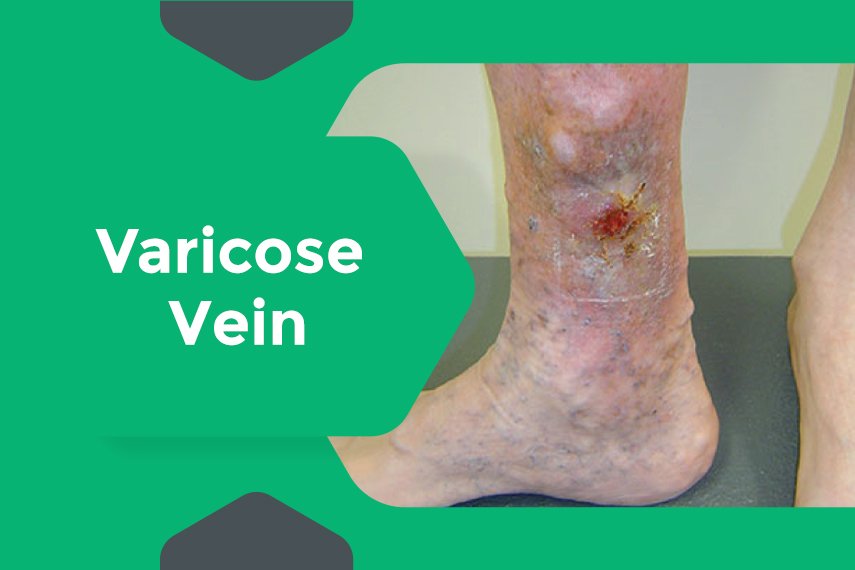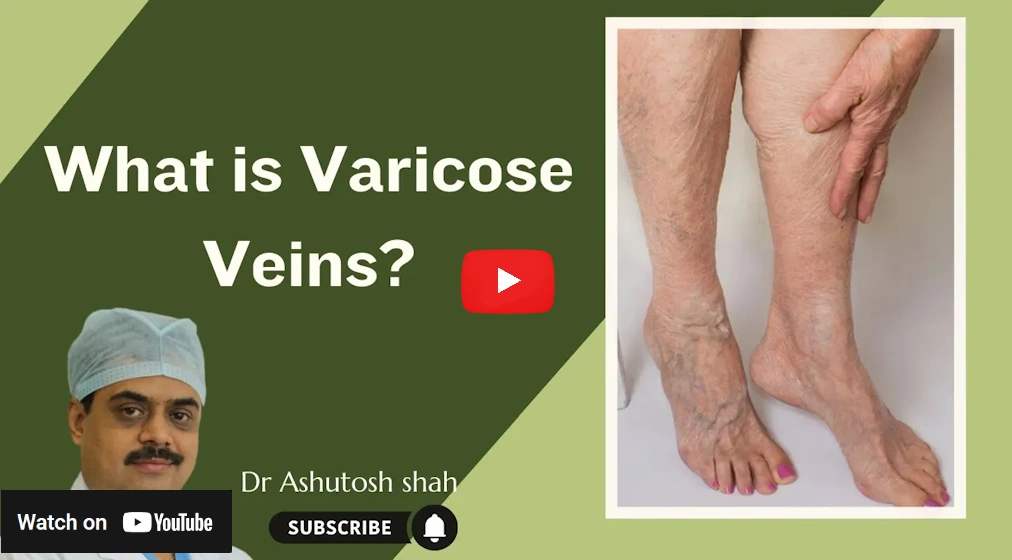Varicose Vein

Introduction
Varicose veins are enlarged, twisted veins that often appear on the legs and feet. They occur when the valves in the veins do not function properly, causing blood to pool and veins to enlarge. At Surat Diabetic Foot Care, we offer advanced treatments for varicose veins, focusing on improving vein health, reducing symptoms, and enhancing overall leg appearance and function.
Signs & Symptoms
It seems like you're describing symptoms associated with varicose veins. Here's the information in the requested format:-
Swollen, twisted veins visible under the skin
-
Aching or heavy feeling in the legs
-
Burning, throbbing, muscle cramping, and swelling in the lower legs
-
Worsened pain after sitting or standing for a long time
-
Itching around one or more of your veins
-
Skin discoloration around a varicose vein
When to Consult a Doctor
Here is the information formatted as requested:-
Persistent leg pain or discomfort
-
Visible swelling and discoloration of veins
-
Symptoms that interfere with daily activities
-
Development of ulcers near the ankle
-
Routine check-ups for chronic vein issues
Treatment Offered
Sclerotherapy: Injection of a solution into the varicose vein, causing it to scar and close.
Endovenous Laser Treatment (EVLT): Uses laser energy to close off varicose veins.
Radiofrequency Ablation (RFA): Uses radiofrequency energy to heat and close off varicose veins.
Vein Stripping: Surgical removal of large varicose veins.
Compression Stockings: Helps reduce swelling and improve blood flow.
Lifestyle Changes: Advice on exercise, weight management, and leg elevation to improve symptoms.

